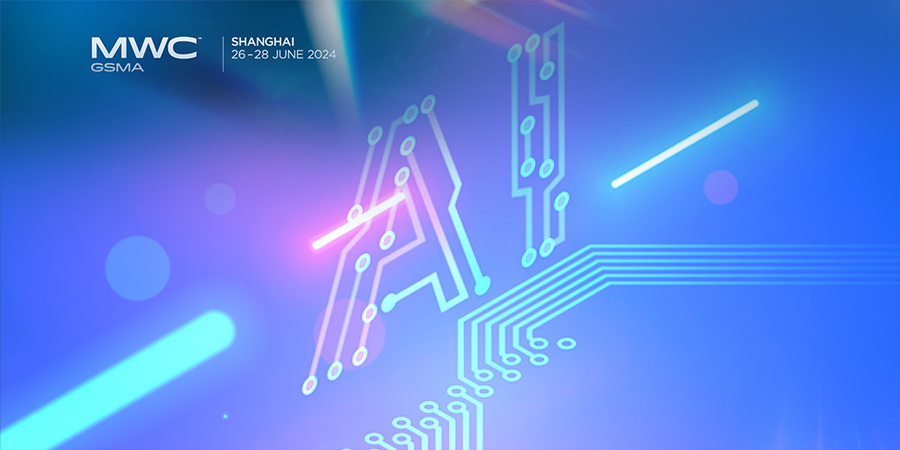The fight against fraud and identity theft has escalated to unprecedented levels, particularly in the Asia Pacific (APAC) region.
According to a recent report by BioCatch, financial cybercrime in the APAC region has seen a startling surge, with scams alone constituting 54 percent of all reported cases. This marks a staggering 200 percent increase in voice scams from the previous year, highlighting the growing sophistication of digital threats.
As Southeast Asia's digital economy gears towards a projected USD 100 billion market valuation, the region finds itself at the crossroads of prosperity and vulnerability. Companies operating here have reported a significant 28 percent rise in cyber threats, underscoring the urgent need for robust cybersecurity measures. With digital transformation accelerating across industries, safeguarding against sophisticated identity fraud has become a critical imperative heading into 2024.
Related: Thailand Emerges as Asia’s Prime Target for SMS Fraud
Insights from Mobile World Congress Shanghai
Addressing the prevalence of digital security challenges, the Mobile World Congress Shanghai commenced with a resounding focus on artificial intelligence (AI) and its disruptive potential. The event showcased innovations from China's leading tech giants, each unveiling products and visions aimed at steering the industry towards an AI-driven future.
The global AI market, projected to reach USD 184 billion by 2024 and expected to grow at an annual rate of 28.46% through 2030, reflects a burgeoning sector poised to reshape global industries. Among the standout innovations was the release of Honor's latest technology, which is designed to detect deepfake scams in real-time during phone calls—a proactive measure in response to the rising risks posed by generative AI (GenAI) manipulation.
Honor's AI-powered protection against deepfake scams underscores the industry's proactive stance in mitigating evolving digital threats. By leveraging on-device AI capabilities to analyze subtle visual cues and anomalies in real-time, Honor aims to empower users with enhanced security measures directly integrated into their devices.
Also Read: Why Labeling AI-Generated Content is a Must
George Zhao, CEO of Honor, emphasized the potential of on-device AI, addressing concerns over authenticity and privacy in an era dominated by digital interactions. This approach not only enhances user confidence but also sets a precedent for integrating advanced AI solutions into everyday devices seamlessly.
As AI transitions from a supportive role to a central driver of innovation across sectors, its impact on connectivity and IoT (Internet of Things) sectors is profound. From AI-enabled vehicles to smart devices capable of real-time threat detection, the integration of AI is poised to redefine consumer experiences and operational efficiencies globally.
"One of the challenges that AI has is: 'How do you get all that processing (energy) on devices when the consumer wants them smaller and smaller?’," ventured Sue Ryan, Vice President of Marketing at Frore Systems. The company's solution is AirJet, which is a cooling device presented in the form of chips, the thinnest of which is 2.5mm.
Lara Dewar, Chief Marketing Officer at GSMA, highlighted AI's role in reshaping industries. She highlighted AI’s evident transition from mere background support to becoming the driving force behind transformative technologies. This shift underscores a paradigm where AI not only enhances operational capabilities but also revolutionizes how businesses and individuals interact with technology.
Latest Network News: PLDT, Smart Join GSMA’s Open Gateway Initiative
Final Thoughts
As the digital landscape evolves, the battle against cyber threats and identity fraud remains a dynamic challenge. With AI at the forefront of innovation, solutions similar to Honor's deepfake detection technology exemplify the need for proactive measures to ultimately safeguard digital integrity and trust.
Looking ahead, the convergence of AI and cybersecurity will continue to define strategies for combatting emerging threats, ensuring a secure and resilient digital future for all stakeholders.
Recent Policy News: Indian Government Implements USSD Call Forwarding Suspension to Combat Fraud






